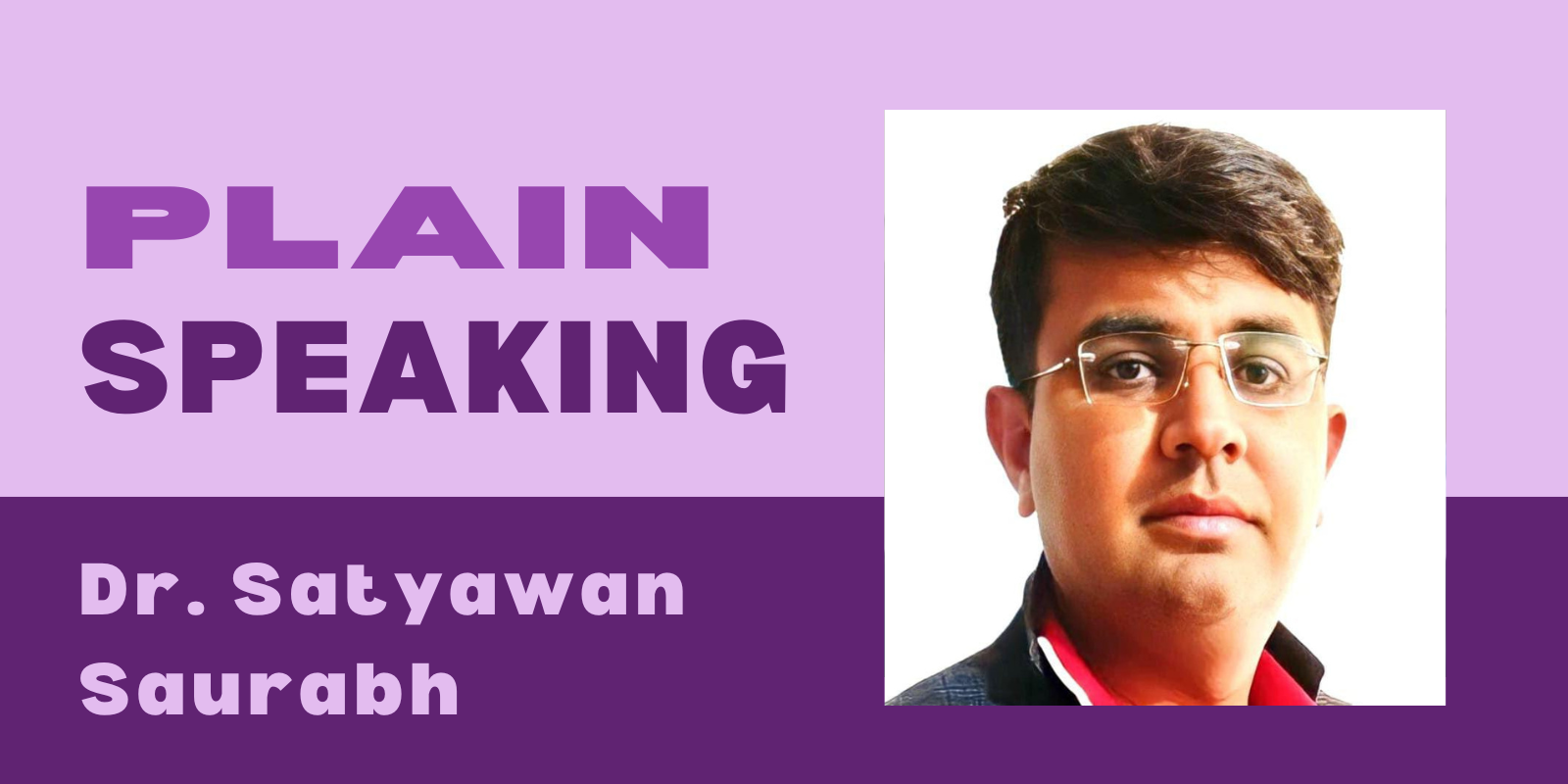The early release of prisoners can be a danger to society, especially if they commit crimes repeatedly. In recent years, this view has undergone a significant shift as the rich and powerful have begun to use parole to avoid serving time in prison. On the other hand, millions of other prisoners, whose requests for parole are ignored, lack the resources to take advantage of the process or are wrongly denied benefits on flimsy grounds because they are poor and powerless.
Parole is based on reform and reintegration, but when it is used for serious crimes, it creates ethical and legal dilemmas. The principles of human rights and rehabilitation must be taken into account, even though justice demands punishment and prevention. An important step in the criminal justice system is parole. It is a form of relief to help prisoners reintegrate into society. It is nothing more than a tool for the prisoner’s social recovery.
However, in recent years, there has been a significant shift in this idea as the rich and powerful class has started using parole to avoid spending time in prison. On the other hand, millions of other prisoners, whose requests for parole are ignored, lack the resources to take advantage of the process or are wrongly denied benefits on flimsy grounds because they are poor and powerless. Since our prisons are overcrowded with non-violent offenders, parole allows incarcerated people to serve the remainder of their sentence with their loved ones while law enforcement agencies keep a close eye on them. This saves millions in taxes every day and is a great system for the entire society. Very rarely do you hear of a violent offender who is released on parole and then commits another violent crime.
Most violent criminals serve at least 85% of their sentence in any case. But there is no doubt that parole can weaken the sense of justice of victims and their families. There must be strong deterrence against heinous crimes such as terrorism, rape, and murder. To maintain deterrence, the convicts in the 2012 Nirbhaya case were not granted parole. Premature release of prisoners can pose a threat to society, especially if they commit crimes repeatedly.
Due to their repeated crimes, the convicts in the 2013 Shakti Mills gang rape case were not granted parole. Political influence can erode faith in justice, resulting in the granting of parole that is not warranted. Parole in the T. P. Chandrasekharan murder case was reportedly granted due to political pressure. Because of the brutality and pre-planning involved in these crimes, reform is challenging. The 2018 Kathua rape case made it clear that harsh punishment devoid of mercy is needed. According to Indian courts, people released on parole are allowed to exercise their rights to procreation and marriage under Article 21 of the Constitution. However, since the right to marriage is not recognized by law, granting parole on this basis compromises the right to equality for gay prisoners.

To guarantee equality and inclusiveness for all prisoners, courts can link parole to the more general right to intimacy under Article 21. A key component of the Nelson Mandela Rules (2015), the UN Standard Minimum Rules for the Treatment of Prisoners, is reform. Parole is a right, not a privilege, as Justice Krishna Iyer has emphasized in several judgments. Rather than being a general sanction, parole should be granted based on behavioral assessment. Rehabilitation of prisoners serving life sentences resulted in a reduction in recidivism in Maharashtra in 2023.
Parole requests are already assessed by courts on merit, thereby guaranteeing safety and justice. In State of Haryana v. Jai Singh (2003), the Supreme Court affirmed that parole should be granted according to impartial standards. Article 21 (the right to life with dignity) can be violated by life imprisonment without the possibility of parole if reform is demonstrated. According to Sriharan (2015), it is unconstitutional to completely deny someone parole. Countries such as Norway have reduced recidivism rates, even for those convicted of heinous crimes, by emphasizing gradual reintegration. Norway has one of the lowest recidivism rates in the world thanks to its model of rehabilitative justice.
As is commonly known, the effectiveness of parole administration has been hampered by strong administrative and political pressure. The goals of the program are routinely compromised, and many inappropriate offenders are paroled as a direct result. About parole, a well-defined judicial policy is essential, and executive actions taken should be reviewed by the courts. It is time for our lawmakers to make the necessary changes to reform our criminal justice system. These changes should include creating strong guidelines to implement the supervised release system progressively to improve the quality of life of prisoners, creating consistent parole laws to prove that it is an effective tool for rehabilitation, and establishing checks and balances to prevent abuse of parole in India. The government should be concerned about overcrowding in prisons, and they should address this immediately. Justice, deterrence, and rehabilitation should all be considered when limiting parole to heinous crimes. Public safety and moral fairness can be guaranteed without extensive restrictions by using a transparent, merit-based approach with strict judicial oversight. Parole is something that cannot be ignored, as is obvious.







